Alexa vs. Google Assistant vs. Siri: Which smart assistant is best?
In our final tally, Google Assistant narrowly beat Alexa for the number of first-place finishes, though both were tied in total points. Siri came in third overall.

Alexa vs. Google Assistant vs. Siri — which one best for you? As if managing our interpersonal relationships weren't already challenging enough, now we have to worry about talking to artificial people as well if we want to take advantage of the best smart home devices.
We tested all three virtual assistants — Alexa, Siri or Google Assistant — by asking them a series of questions and evaluating their smart home capabilities, entertainment options, ability to provide us directions, shopping features and more.
While these three assistants offer many of the same features, each has its own advantages and disadvantages. And, of course, all three are all evolving at a rapid clip.
After tallying the results, we found that Google Assistant is the best virtual assistant, narrowly edging out Alexa. But the best Google Home compatible devices don't necessarily top the best Alexa compatible devices nor the best HomeKit devices. Every home is different, so you'll need to decide which assistant is right for you. You can even use more than one, if you'd like.
Alexa vs. Google Assistant vs. Siri: General knowledge
Back in the "old days," when I had a question, my parents would tell me to look it up. (Disclaimer: My parents were both librarians, so this wasn't unexpected.) These days, you can just ask a computer. So, we tasked each of the top digital assistants with answering a battery of 20 general-knowledge questions.
As in our previous shootout, Alexa just edged out Google Assistant, though the margin was slimmer than before. Alexa took top honors largely because it provided additional context beyond the answer to the question. It failed on only a couple of questions: It couldn't tell me who held the all-time record for stolen bases in Major League Baseball (instead giving me the active player with the most career stolen bases), and it named the current secretary-general of the U.N. when I asked who the first person to hold that post was. However, the answers and comprehension from both Alexa and Google Assistant were generally spot on, requiring little rephrasing and rarely forcing me to ask more than once.
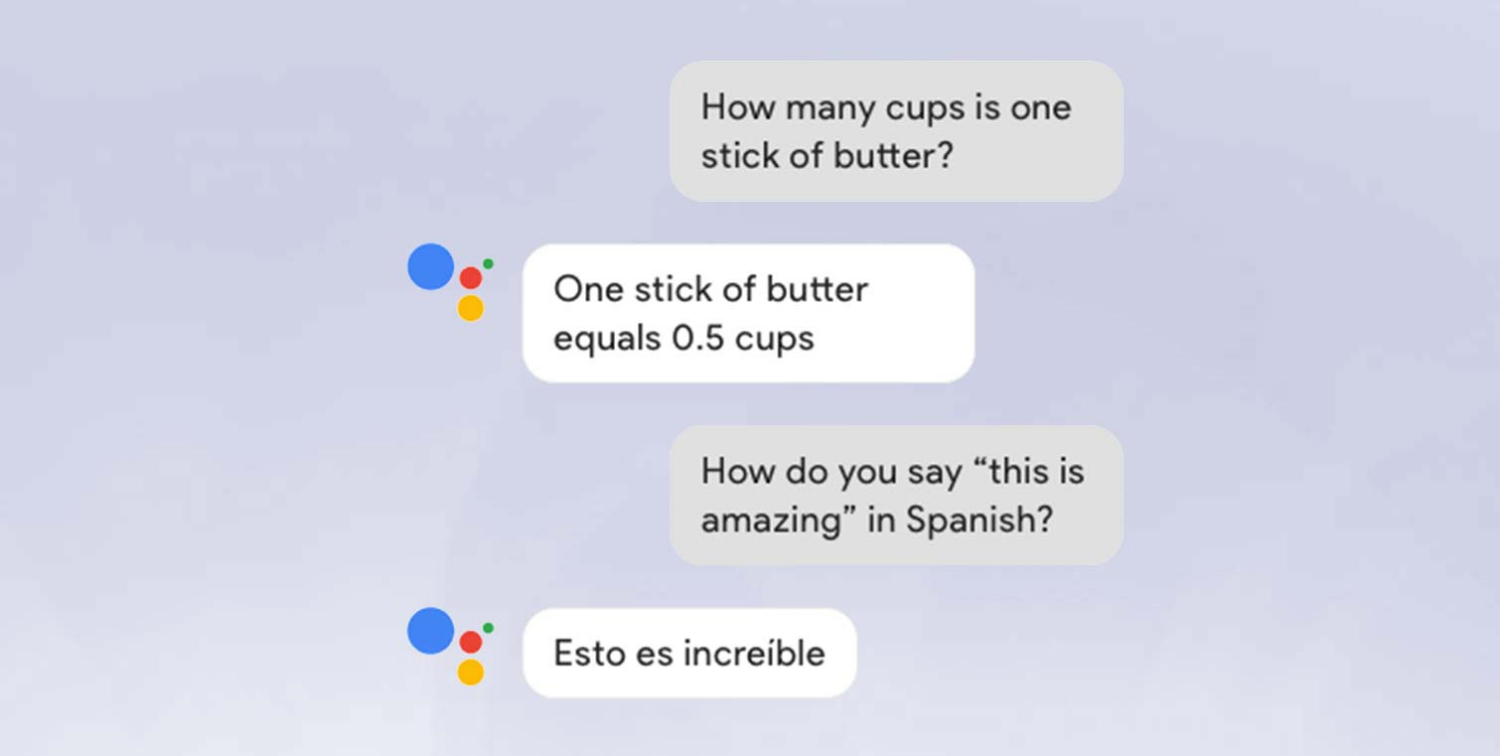
Siri fared the worst in this department, although Apple employees have said this assistant was not designed to answer trivia questions. In roughly a quarter of the questions I asked, Siri on the HomePod apologized and said it couldn't answer my question. In a few other cases, it couldn't quite provide the information I wanted (it gave me the current baseball season's leaders in stolen bases) or responded with useless information; when asked what Harry S. Truman's middle name was, for example, it "helpfully" answered, "I found Harry and S."
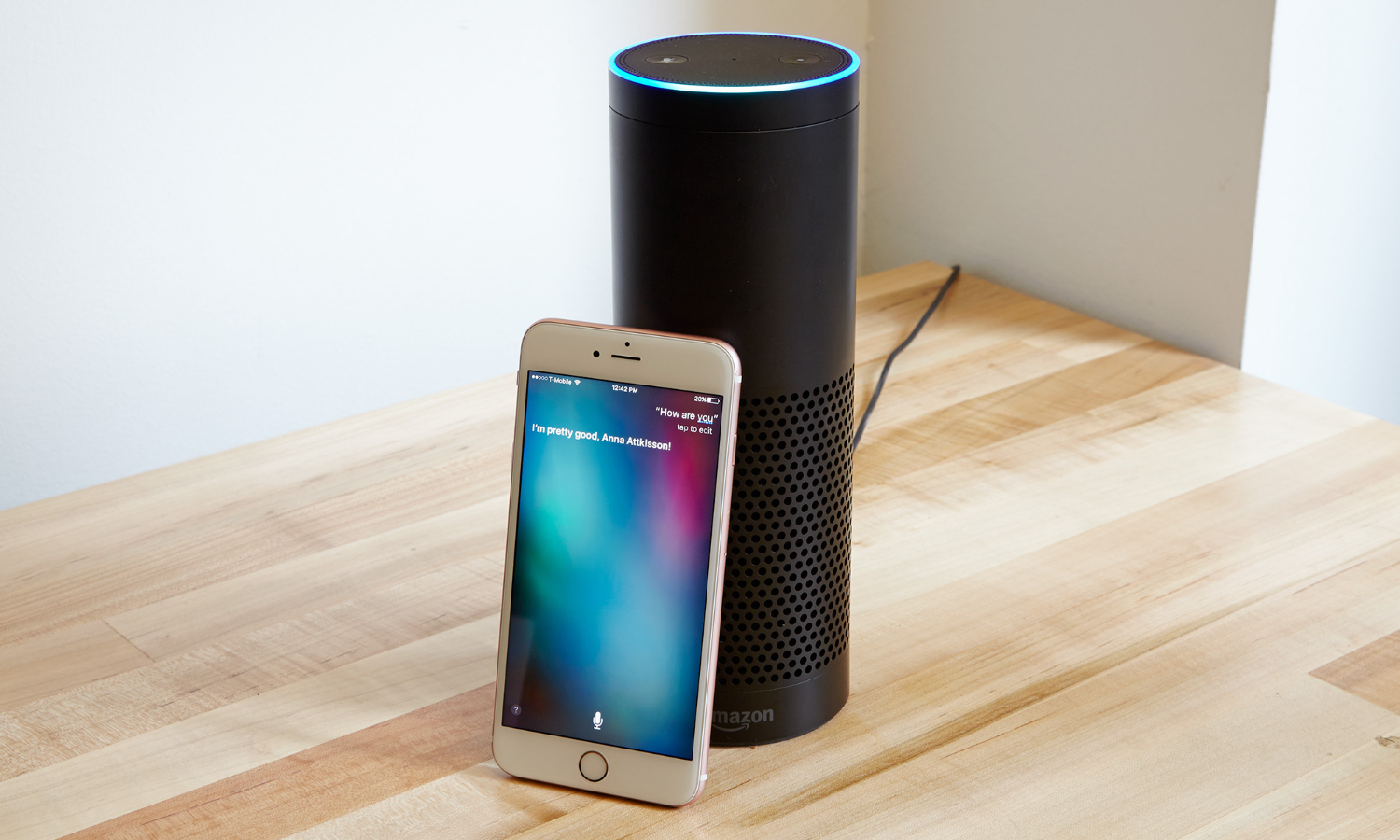
In those cases, I often asked the same question, this time to my iPhone. The answer was usually a list of search results, with the exception of identifying the first U.N. secretary-general (Trygve Lie), which Siri did via Wolfram Alpha. However, Siri continued to provide the best info on last year's American League Championship Series results, and when I asked about the length of the movie The Avengers, Siri was the only assistant to ask for clarification about which of the many movies in the Avengers franchise I meant.
Google Assistant's results were pretty close to those from Alexa. It generally gave solid, fast answers with context, though Google's AI failed to understand my question about why the sky was blue (which was especially perplexing in that Google Assistant seemed to answer in previous shootouts). Google's program was the only one to correctly identify the all-time leader in stolen bases, Rickey Henderson. It even provided additional context, giving the number of steals he logged and noting that he is the only player to ever cross the 1,000-stolen-bases mark.
General Knowledge standings: 1. Alexa; 2. Google Assistant; 3. Siri
Alexa vs. Google Assistant vs. Siri: Music and podcasts
Music should be a strong suit for any smart assistant. Each of the three obviously integrates with its company's music services, and in some cases ties in with third-party offerings as well. Alexa adroitly handled a request to play the Rolling Stones' "Paint It Black" (because I subscribe to Amazon's Music Unlimited streaming service), as did Siri (as I have a subscription to Apple Music). And even though I don’t subscribe to any of the pay music services supported by the Google Assistant, it still played “Paint it Black” and a playlist containing other Rolling Stones songs on YouTube Music.
Alexa vs. Google Assistant vs. Siri: Supported music services
| Music Service | Alexa | Google Assistant | Siri |
| Amazon Music | Yes | No | No |
| Apple Music | Yes | Only on iOS devices | Yes |
| Deezer | Yes | Yes | No |
| Google Play Music | No | Yes | No |
| iHeartRadio | Yes | No | No |
| Pandora | Yes | Yes | No |
| SiriusXM | Yes | No | No |
| Spotify | Yes | Yes | No |
| TuneIn | Yes | No | No |
| Tidal | Yes | No | No |
| YouTube Music | No | Yes | No |
All three assistants responded to my request to play upbeat '80s music and West Coast jazz by offering up stations that matched those descriptions.

In terms of being able to find and play podcasts, all three assistants have improved since our last comparison, though some still have problems. While all three assistants easily played the most recent episodes of both "Wait Wait ... Don't Tell Me!" and "The Incomparable" podcasts, Alexa struggled with the latest episode of the podcast "Dragon Friends," instead playing a podcast on a similar topic.
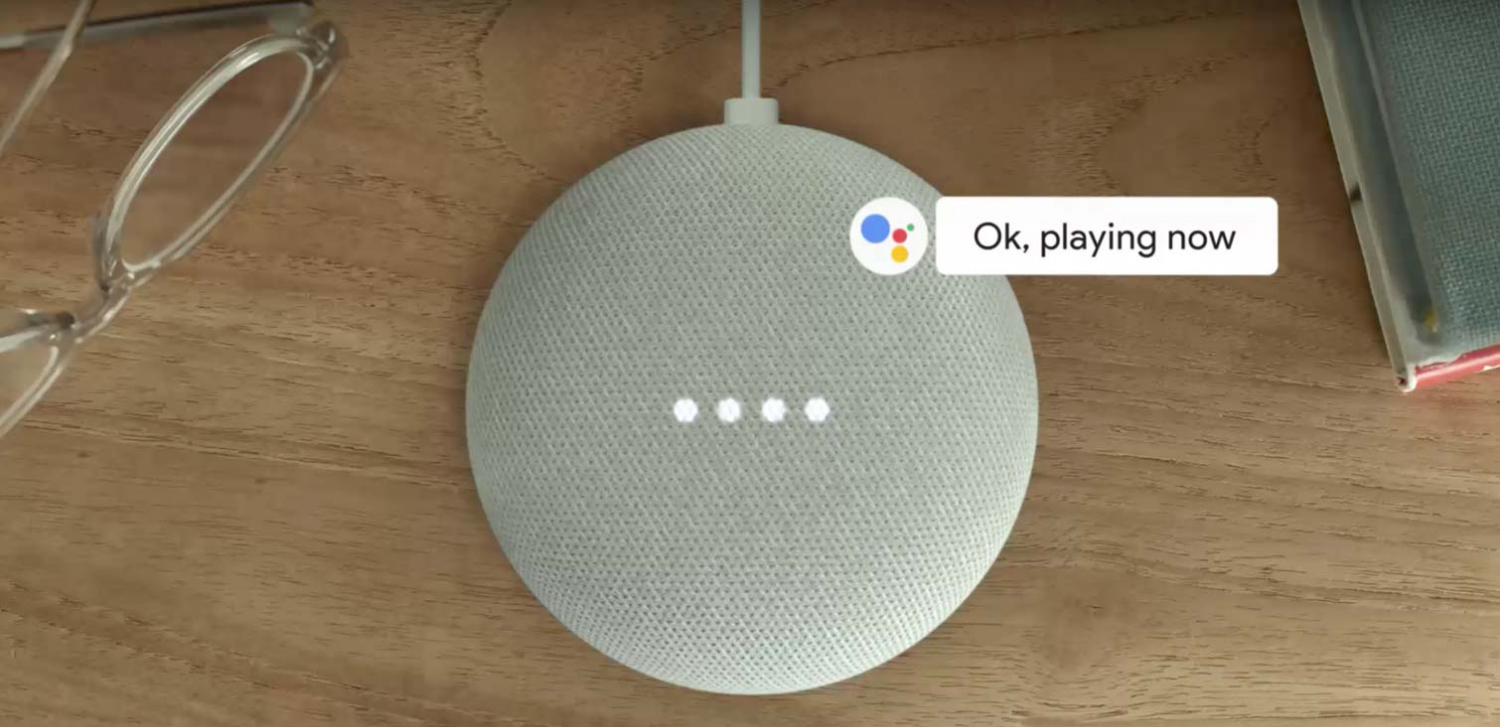
All three assistants offer offer some form of multiroom audio functionality, including creating groups of speakers via your smartphone. Alexa also supports audio playback from some music services to Sonos speakers, while Google Assistant can communicate with any Chromecast-connected speaker. And the HomePod has AirPlay 2 functionality, so Siri can play audio on speakers throughout your house, as well as via your Apple TV.
However, both Google Assistant and Alexa also come built in to a number of third-party smart speakers; if you want Siri in a smart speaker, the only option is to purchase Apple's HomePod.
Music & podcasts standings: 1. Google Assistant/Siri (tie); 2. Alexa
Alexa vs. Google Assistant vs. Siri: Entertainment
Integration with home entertainment equipment is one of the coolest features of virtual assistants. With Alexa, you can now control your Amazon Fire TV, Fire TV Stick or Fire TV Edition, including by opening apps, jumping around in time, and playing and pausing. Google can likewise control playback on Chromecast-connected devices, including TVs with Chromecast built in. However, it offers only a few services, and you have to link some of the apps via your smartphone first. Additionally, Alexa and Google Assistant can control devices using a third-party intermediary like Logitech's Harmony Hub.
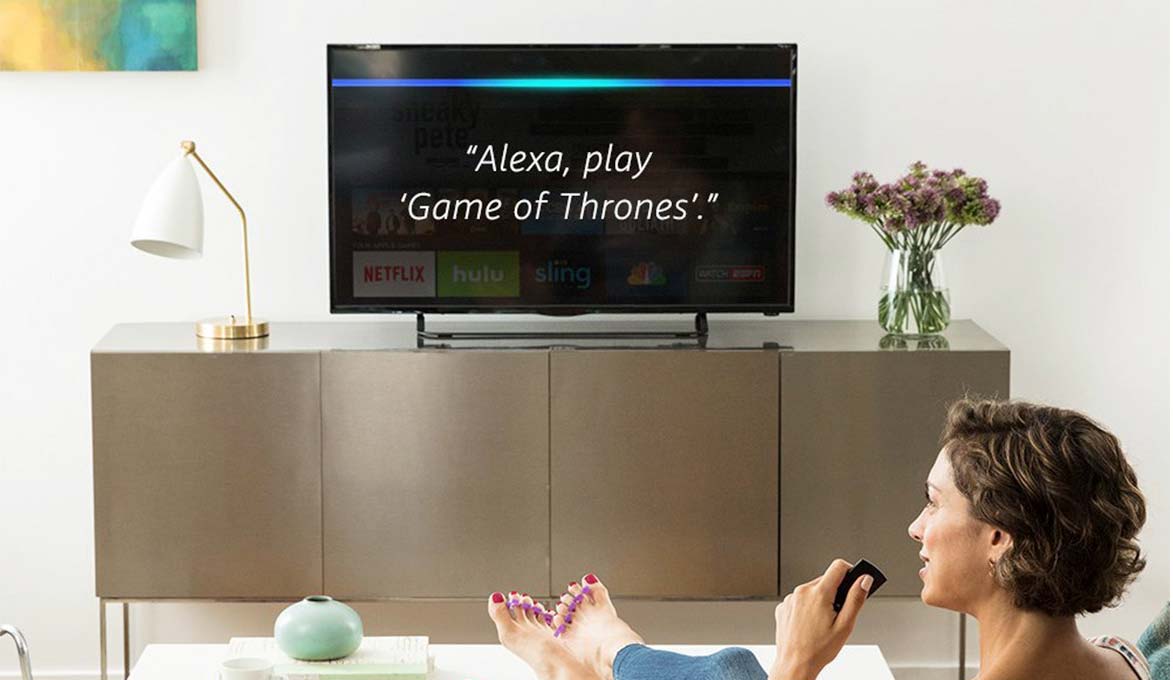
Siri is in a peculiar position here. Thanks to a recent software update, you can use Siri on your iPhone or the HomePod to control music and podcast playback on an Apple TV or other AirPlay speakers. But Siri can't handle any other functions, such as turning the device on or off, opening apps, or playing videos.
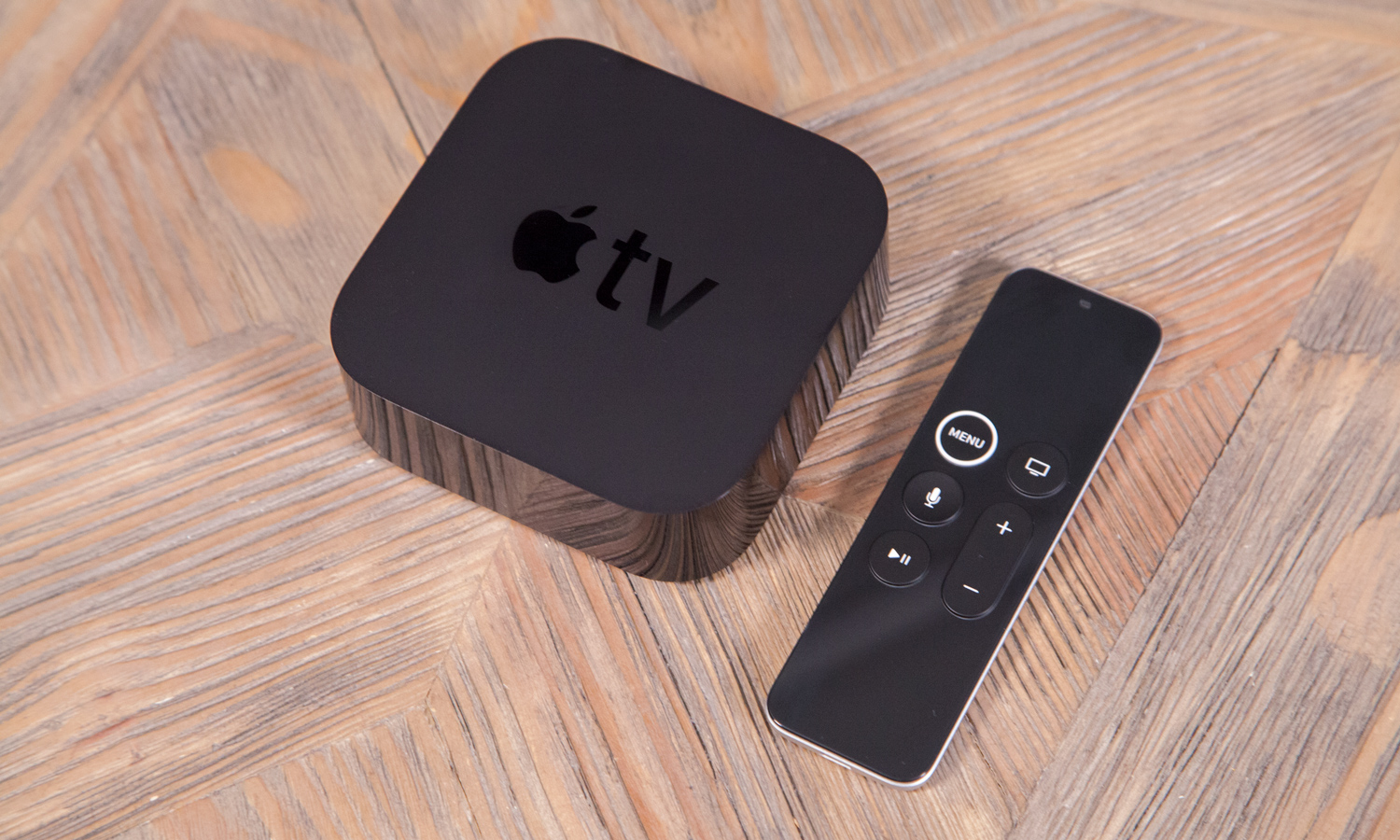
The current line of Apple TVs has Siri built in via the remote, so you can do much more, like skip around in a video, turn on captions and open apps. But it makes things less convenient if you need to find the remote, and Apple TV-based Siri offers no third-party integration.
Continuing with the entertainment track, I tried to use the assistants to order movie tickets for Avengers: Endgame, which ended up being far more work on any of the platforms than using a good old-fashioned web browser. Alexa offered the Atom Tickets skill, which was slow and a bit cumbersome; the skill kicked me back out when I had to authorize the use of Amazon Pay but at least when I resumed later, Atom Tickets let me pick up where I left off, plus it can handle theaters with reserved seating.
Siri on the HomePod couldn't help me get those tickets, though on my iPhone, the assistant let me tap through a few screens and eventually launch the Fandango app.
Google Assistant could likewise handle my requests for showtimes at my nearby theaters, but it, too, eventually sent me back to the phone to complete my purchase via my choice of movie-ticket apps. Google's approach is certainly an improvement on the state of the art, but we're still a little ways off from purchasing tickets totally by voice.
Entertainment standings: 1. Alexa; 2. Google Assistant; 3. Siri
Alexa vs. Google Assistant vs. Siri: Ordering food, making reservations and getting recipes
I tried a handful of queries related to ordering food, making reservations and getting recipes. All three assistants offered recommendations for a good Indian restaurant in my neighborhood, including varying details such as address, rating and prices.
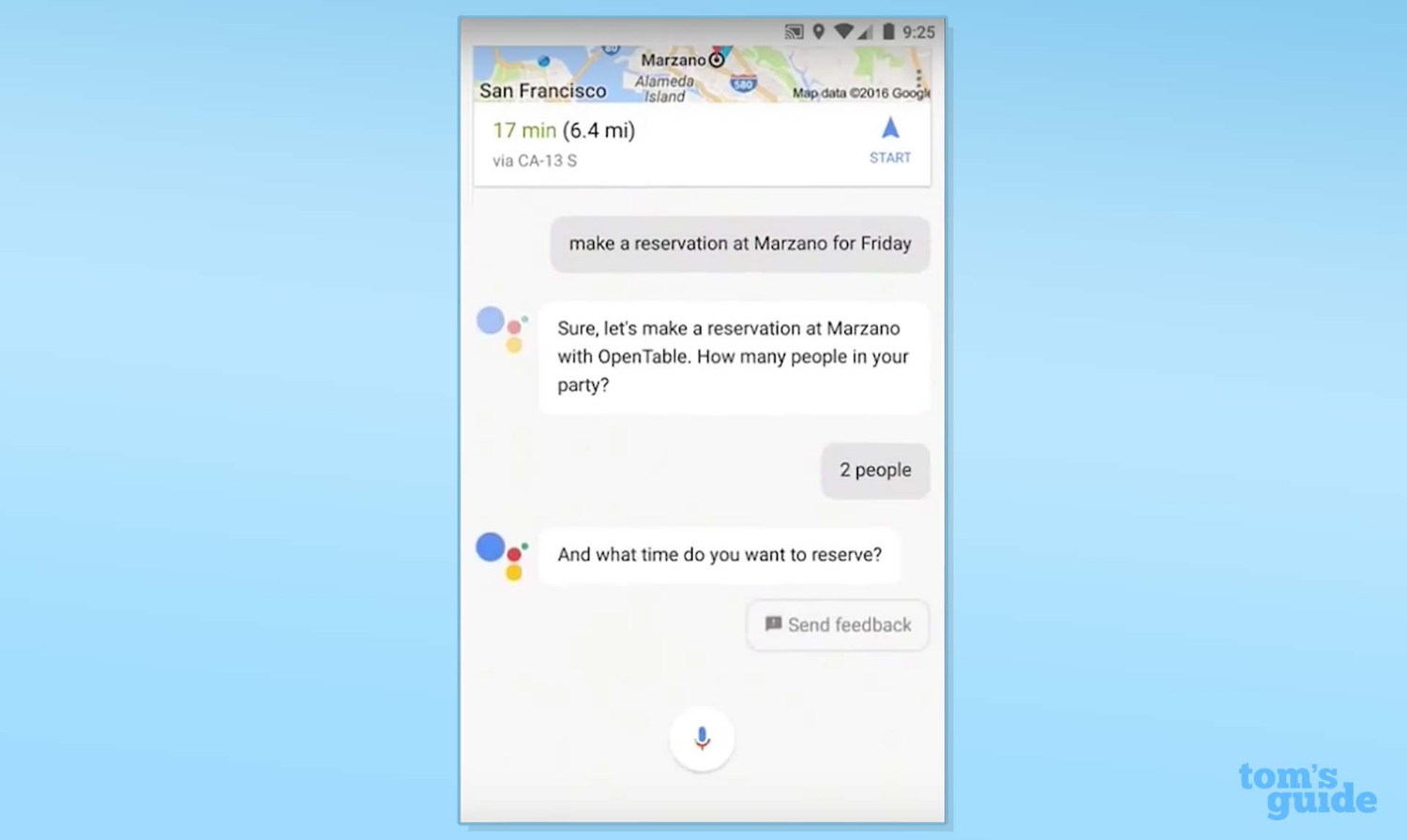
None of the assistants could place an order for Chinese food. At best, they provided a list of restaurants nearby; at worst, as with Alexa, the assistant tried to order packages of food from Amazon. (During my first attempt, Google, for some reason, seemed stuck on the Indian food from a previous request — a bit puzzling, but when I tried later, the assistant correctly gave me a list of Chinese restaurants.)
Making reservations at a restaurant worked through Alexa, though it required a frustrating multistep process at times, and Siri on the iPhone, which required some interaction and the use of OpenTable. Google Home kicked me to the Assistant app on the phone, and Siri on the HomePod just flat out refused the request
Google passed the "chocolate chip cookie recipe" test with flying colors, even walking me through the recipe step by step. Alexa came in second, offering multiple recipes, providing a list of ingredients and giving me the option to get the recipe in the Alexa app. Siri on the HomePod couldn't help me, and on the iPhone, Apple's assistant just kicked me to a web search.
Ordering Food standings: 1. Google Assistant; 2. Siri/Alexa (tie)
Alexa vs. Google Assistant vs. Siri: Online shopping
Buying things using your voice seems like it should be a good feature, but in practice, it still feels cumbersome. Alexa should have the advantage here, thanks to its tight integration with Amazon. By default, Alexa seems to handle most purchase requests by searching the Amazon catalog for something matching the query, then adding that to your Amazon cart, which can have unintended results.
Alexa adroitly handled "order some more paper towels," though when I asked for a copy of Destiny 2, the assistant first added an art book for the video game, then a totally unrelated book. Finally, when I specified a copy of the video game for Xbox, Alexa added the limited edition of the original Destiny. I still had to complete my order in the Amazon app on my phone.
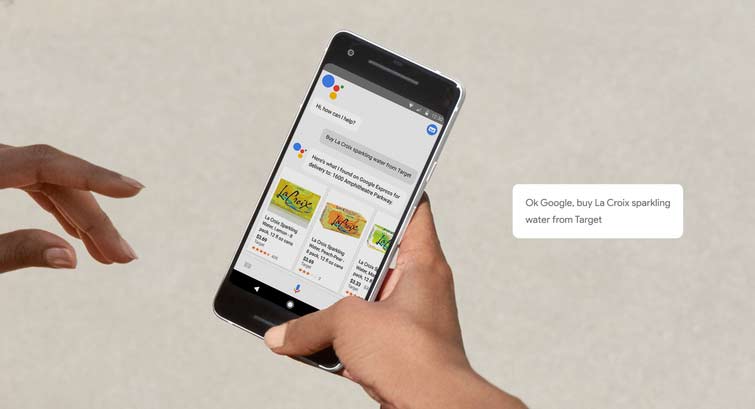
Google Assistant did about as well as Alexa in my test, though the Google AI nicely offered to explain how online ordering worked before having me jump in. Not only was it able to add both paper towels and a copy of Destiny 2 to my shopping cart, but it also told me my order qualified for free shipping. But then, it stuck me in a loop of accepting terms of service, and I could complete the order only via the Google Assistant app.
Siri came in dead last; on the HomePod, asking for paper towels got me nowhere, and when I asked for Destiny 2, Siri said it couldn't look up books. My luck on the iPhone was no better.
Online Shopping standings: 1. Alexa/Google Assistant (tie); 2. Siri
Alexa vs. Google Assistant vs. Siri: Communications
Sometimes, you're tired of interacting with a robot and want to talk to a real person. Fortunately, all three virtual assistants can put you in touch with your contacts.
With Alexa, you can call and send messages in audio or text to any other Alexa user in your contacts (including those who have only the smartphone app); you can also call any phone number or any contact whose phone number you have in your contacts. Standard text messages, however, work only if you have the Alexa app on an Android phone. Once you've set it up, the call will even appear to come from your actual phone number.
If you have an Echo Show, you can also make video calls to other owners of Echo Shows or to people using the Alexa smartphone app. And Alexa offers an intercom feature that lets you broadcast a message to all other Echo devices in your home.
Google Assistant likewise lets you make calls to people in your contacts via the phone, though you have to configure it so that calls appear to come from your Google Voice number, one of your other phone’s numbers or an unlisted number. However, you can't send text messages with Google Assistant without a workaround using IFTTT. Unlike Alexa, Google Assistant can make international calls, if linked to a Google Fi account or Google Voice account that has credits.
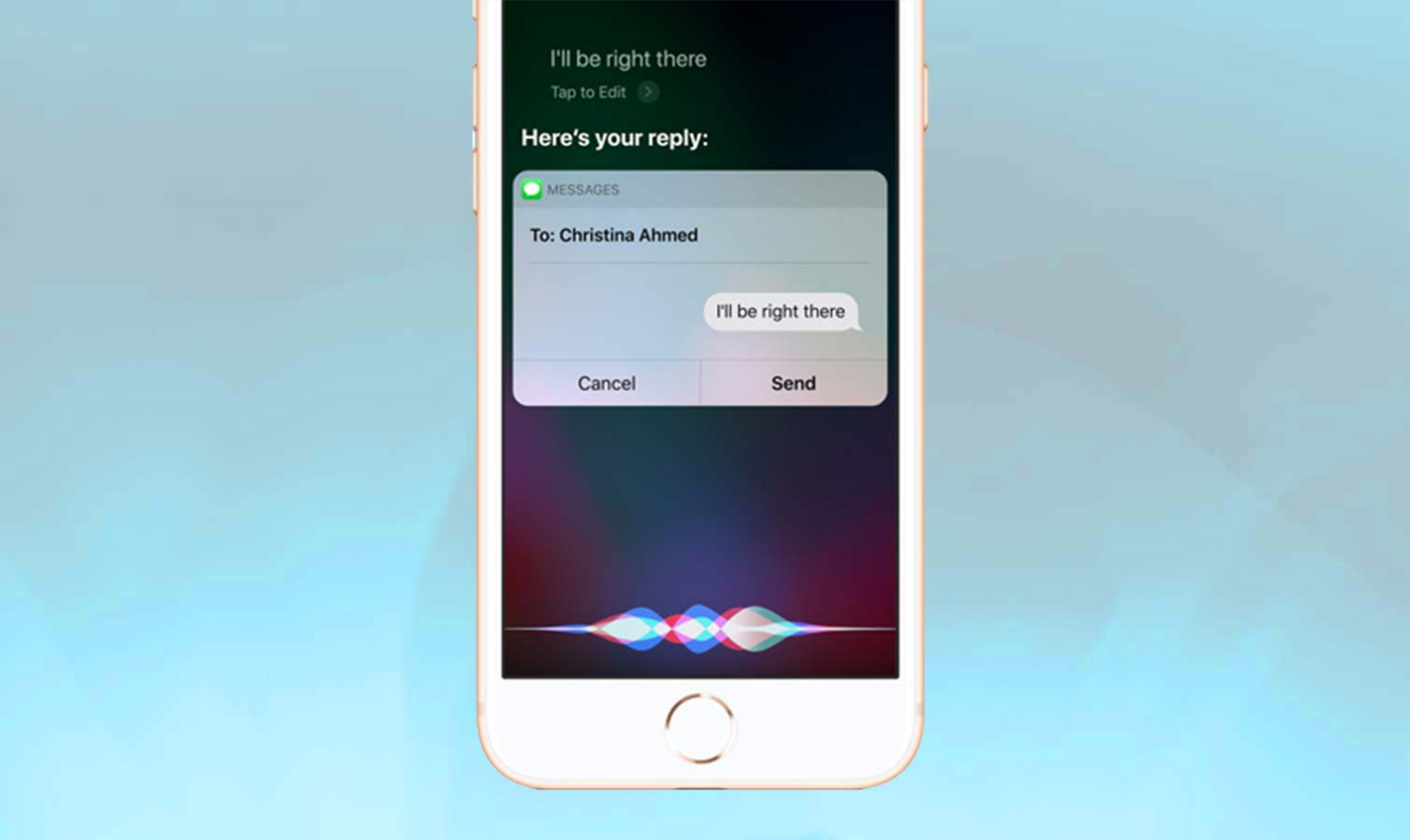
On the HomePod, Siri lets you make calls or send texts, though the interface for the latter can be somewhat convoluted if there's more than one way of reaching the contact. Siri on the iPhone is more streamlined and also lets you compose emails, as well as have emails and text messages read back to you. Apple's AI also offers integration with third-party calling and messaging for some apps, like Viber and WhatsApp. Siri can make international calls and is the only assistant that can place calls to emergency services.
Communications standings: 1. Siri; 2. Google/Alexa (tie)
Alexa vs. Google Assistant vs. Siri: Directions
When you're ready to leave the house, you may be tempted to use a virtual assistant to find your best route.
Siri on the iPhone does very well with directions. Not only can it give you a sense of how long it will take you to get someplace, but it can also offer you directions and automatically start GPS navigation. While Siri can get transit directions as well, it does a mediocre job of answering questions about traffic, since it just kicks you to the iOS Maps app.
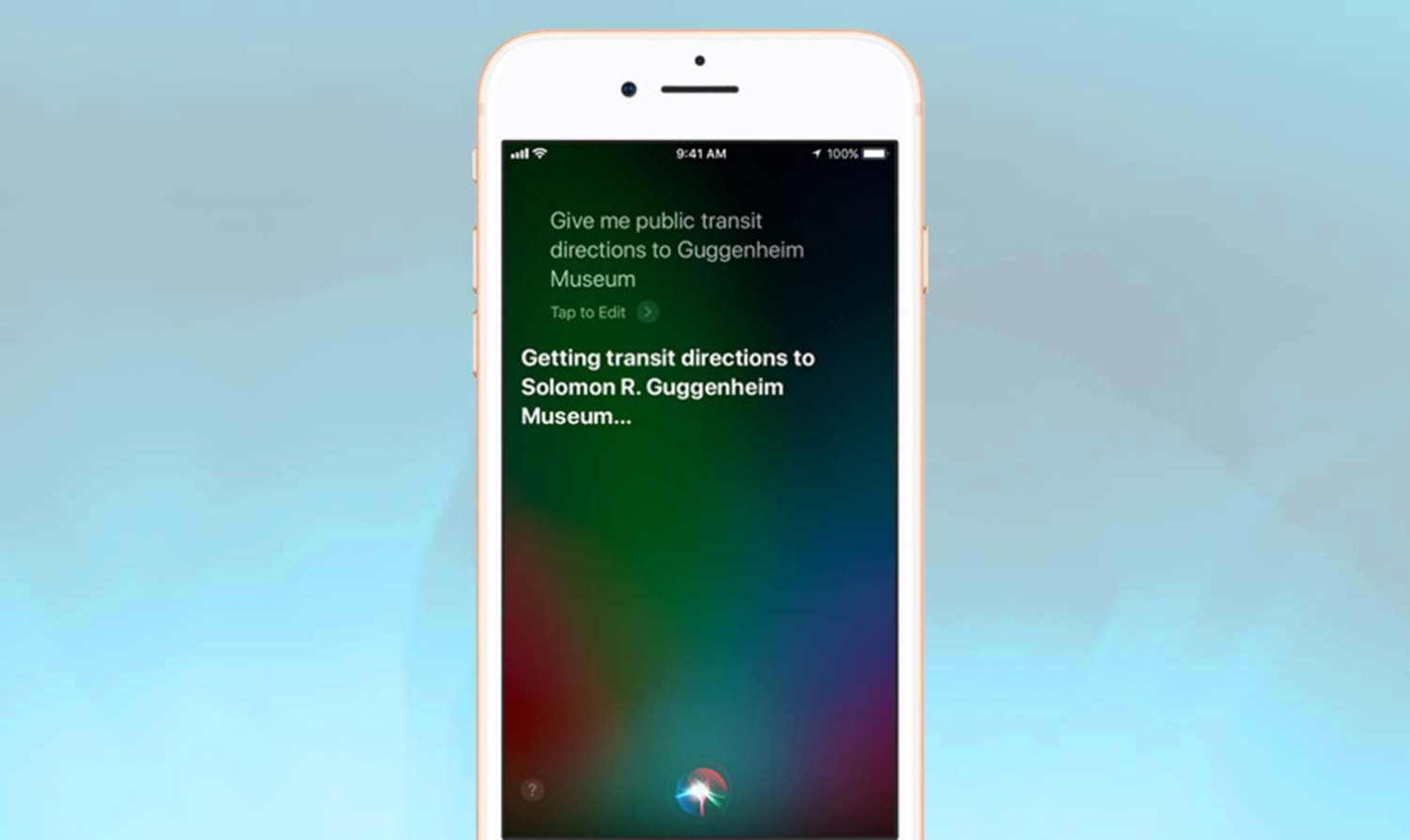
Siri on the HomePod can give you an estimate of time and a suggestion of a major route (via a specific highway, for example), but it can't send directions to your phone, either automatically or by request, which seems like a missed opportunity. It can't handle public-transit directions, either. When I asked about traffic on the local interstate, however, Siri was honest about its shortcomings and gave me information about general traffic conditions.
Google Assistant was at the top of the heap here. Not only does it give solid time estimates in most cases, but it was also the only one that could handle public transit at all (and its suggestions were reasonable). It also did the best in giving me an overview of traffic conditions in the region, and it can send directions to the Google Assistant app on my phone, where it's easy to start navigation from Google Maps, Apple Maps or Waze.
Alexa's at the bottom in this area. The AI's directions to local spots were reasonable, but it was utterly unable to handle public transit. And when I asked about traffic on the local interstate, Alexa wanted to direct me to a highway in British Columbia, some 2,500 miles away.
Worth noting: All three virtual assistants whiffed when I asked what time the next bus on my closest neighborhood route arrived.
Directions standings: 1. Google Assistant; 2. Siri; 3. Alexa
Alexa vs. Google Assistant vs. Siri: Smart home
Smart home devices have become some of the most important places for integration with virtual assistants; all three platforms have focused some time and attention on this. All three assistants work with a huge breadth of connected products, and many third-party products work with at least two, if not all three, platforms.
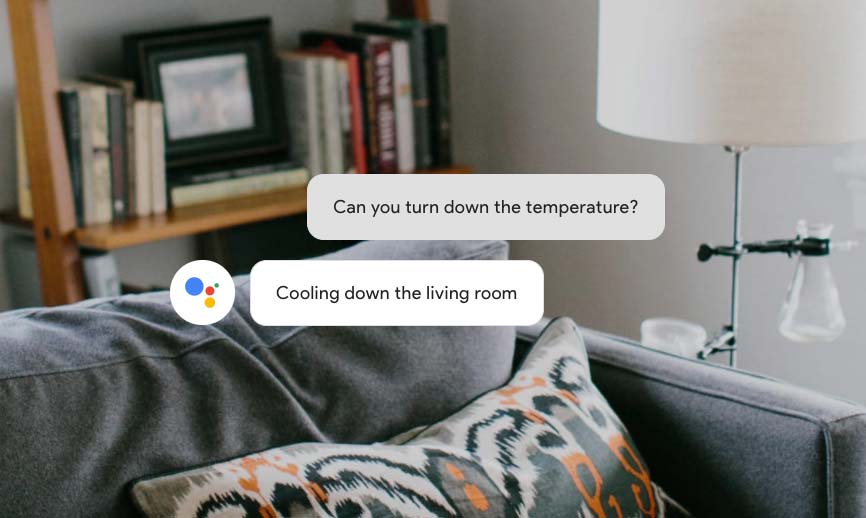
Of the most common smart-home products, the biggest exceptions might be Nest's smart thermostat, which is not currently compatible with Apple's HomeKit, and the Logitech Harmony Hub, which doesn't work natively with HomeKit, either. (There is third-party software called Homebridge that can help, but it's not for the faint of heart.)
Smart home integration can seem close to a wash: In most cases, you can find a competing product that does work with the platform in question. In each case, though, it's wise to check Apple's, Amazon's and Google's full list of supported devices to see if yours works with the platform in question. At the moment, Alexa and Google are about even, and Siri is pretty competent, even if it's missing a couple of major partners.
Smart Home standings: 1. Alexa/Google Assistant (tie); 2. Siri
Alexa vs. Google Assistant vs. Siri: Availability
A voice assistant isn't worth much if it doesn't work where you want it. In addition to its broad offerings, from the Dot to the Echo Plus, Amazon also has the most third-party partners for Alexa, since you can buy a cheaper speaker from the likes of Anker. Or, if you need better sound quality, you can purchase the Sonos One, which has Alexa and Google Assistant built in. Even phones such as the Moto X, LG V35 and Moto G7 have Alexa. Amazon also offers a smart display, the Echo Show, which uses the screen for everything from displaying timers to showing videos to letting users make video calls.
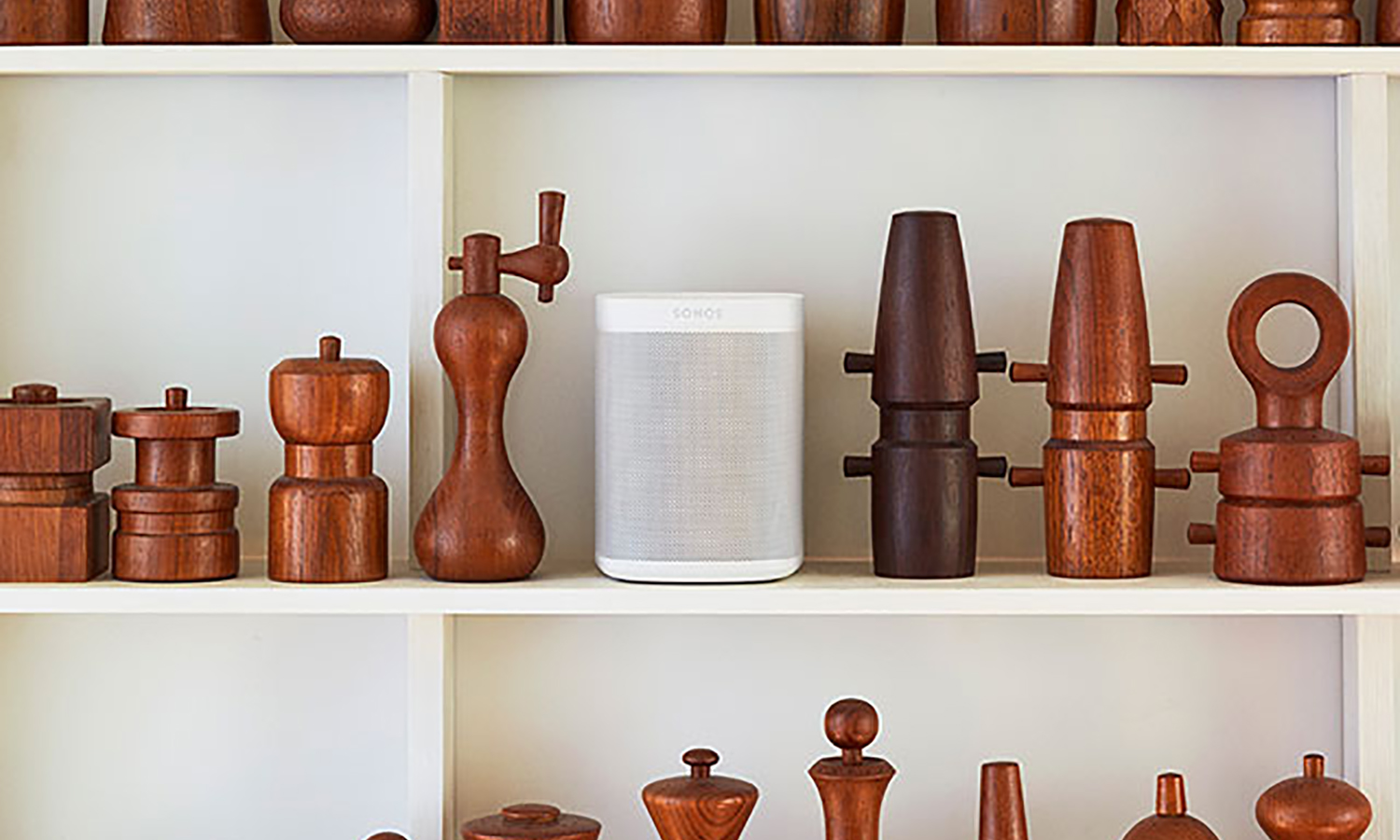
Google has released smaller versions of the Home, including a cheaper unit (the Mini) and one with better sound quality (the Max). Google is also working with third parties, and Google Assistant will be broadly available on smartphone platforms, including Android and iOS, though features are somewhat limited on the latter.
Like Amazon, Google also offers a smart display, the Home Hub, and is adding a second model, the Nest Hub Max, later this year; this model will have a larger screen and include a camera for video-calling support. Google Assistant also works with a handful of third-party smart displays, such as the Lenovo Smart Display.
Apple, however, has widely distributed its virtual assistant to all of the company's devices, including the iPhone, iPad, Apple Watch, Apple TV and Mac. The company has only a single smart speaker, the HomePod, which sounds great but is limited in what it can do with Siri, and Apple doesn't offer a smart display. (Though Siri on iOS devices obviously has a screen at its disposal.)
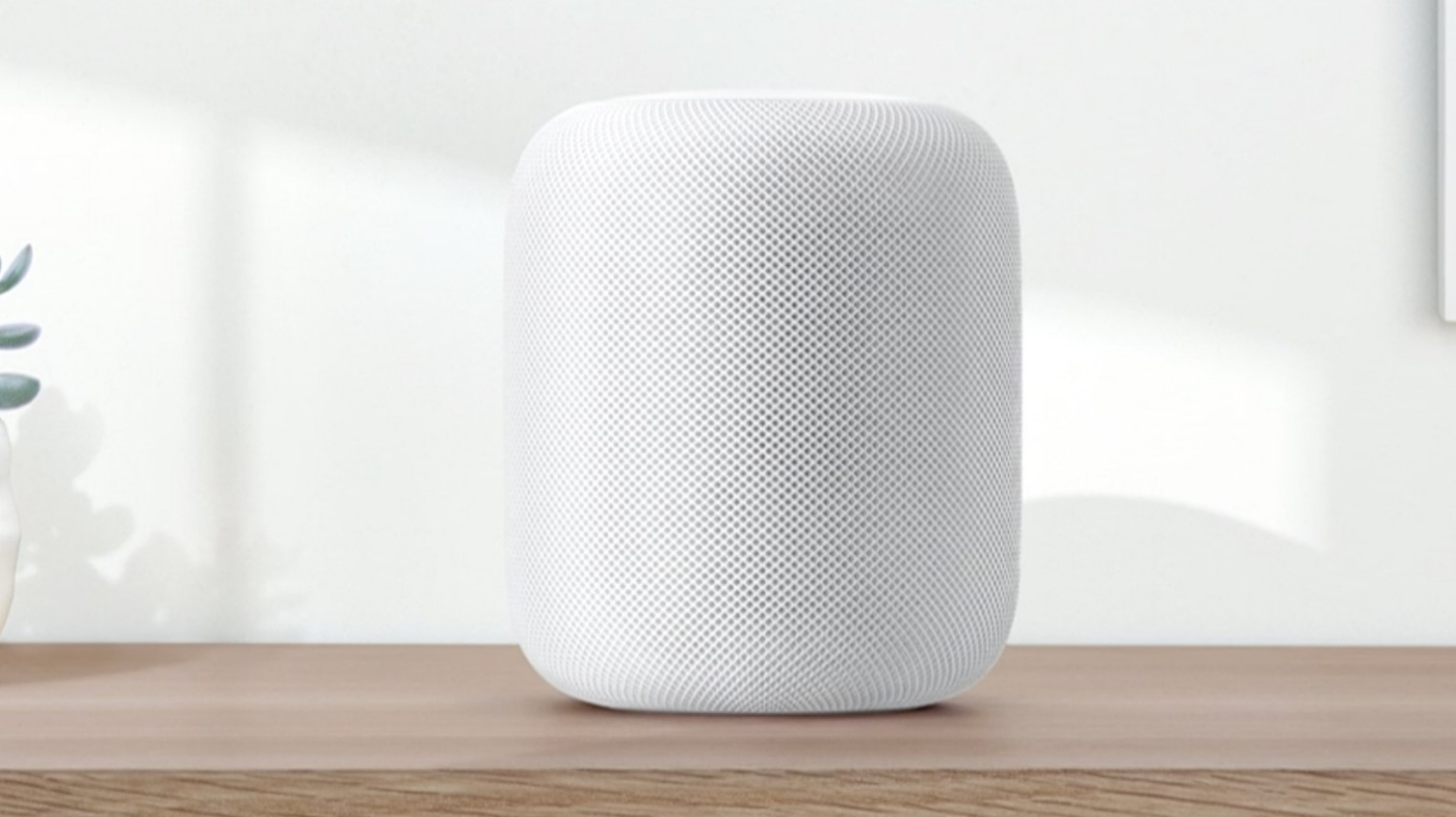
The one place where Siri does rule is in availability by country. Apple's voice assistant is available in more than 30 countries and 20 languages — and, in some cases, several different dialects. (It's worth noting that not all of Siri's features are available in every region.)
The Google Home and the Google Home Mini, by comparison, are available in only 20 countries and can speak only English, German, French, Italian, Spanish, Korean, Swedish, Norwegian, Danish, Dutch and Japanese. However, Google Assistant does support multiple versions of some of those languages. (The Google Home Hub and Google Home Max are available in fewer countries and support fewer languages.) Alexa can manage only English (U.S. and U.K.) and German, though the assistant is available in many countries.
Availability standings: 1. Siri; 2. Google Assistant; 3. Alexa
Alexa vs. Google Assistant vs. Siri: Voice recogintion
Reliability is important for any sort of assistant, virtual or not. I kept track of how often I needed to repeat myself or rephrase a question for an assistant to get it. All three assistants did pretty well, occasionally requiring a repeated or rephrased query but generally answering requests promptly and to the best of the devices' abilities.
Of course, it can be quite confusing if you have multiple people in a household, and each assistant tries to tackle this problem in its own way. Both Google Home and Amazon Echo now offer multiple voice profiles, so you can train the device to recognize your specific voice and provide some degree of personalized response based on this.
Google's Voice Match is the most sophisticated of these approaches, offering personalized calendars, flights, payments, photos and more; you can even set your own default media services. However, I have not infrequently encountered problems with it recognizing my voice and refusing to give me access to my information until I've retrained my Voice Match. Alexa, meanwhile, currently offers only personalized shopping, calling and some media options.
Apple has taken a slightly different approach with Siri: Before you activate the ability to use the "Hey, Siri" wake phrase on an iOS device, you must train Siri to recognize only your voice. That prevents this assistant from giving your personal information to someone else and avoids the assistant responding on, say, both your iPhone and iPad.
However, Siri on the HomePod tends to supersede that feature, responding to any "Hey, Siri" request if it's in range, unless you are actively using your iPhone. And it doesn't have any sort of multiperson features, which sends Siri to the bottom of the standings here.
Alexa and Google Assistant also have two voice-related features worth noting: First, both have an optional "follow-up" mode, in which they remain active for a few seconds after answering your query, so you can issue another command without saying the wake word again. This mode is off by default in both cases, since it can lead to some false positives. Secondly, both can understand "and" both in commands and in items, so you can say "turn off the lights in the office and turn on the lights in the living room" or "add milk and bananas to my shopping list" without, say, getting a single item labeled "milk and bananas."
Voice Recognition standings: 1. Google Assistant; 2. Alexa; 3. Siri
Alexa vs. Google Assistant vs. Siri: Extendability
Built-in features are all well and good, but sometimes you really want to add a feature that just isn't part of the package. In that case, you may need to turn to a third party, and these platforms differ significantly in that area.
Alexa has more than 70,000 third-party skills. Not all of these are great, but chances are you can find something to meet your needs. And if you can't, you can always create some basic integrations using the IFTTT web service or create your own simple routines via the Alexa app. The company also offers templates for some simple apps, such as game shows and information for houseguests, via its new Alexa blueprints feature.
Google has taken a different tack with what it has dubbed actions. The Google Assistant claims it features more than a million of these, but they basically include all possible queries from both first- and third-party offerings, so it's hard to make a straight comparison with Alexa's library. Google also offers the best integration with IFTTT, letting you create custom actions without any real knowledge of programming.
Apple offers a few different ways for third-party apps to work with Siri; one is a small handful of apps that Apple has approved in specific categories, including calling and messaging, ride-hailing, sending money, and creating to-do lists. But Apple has also greatly expanded Siri customization for users in the past year with the addition of Siri Shortcuts, which lets people create custom phrases they can speak to trigger actions in compatible first- and third-party apps.
Extendability standings: 1. Alexa; 2. Google Assistant/Siri (tie)
Alexa vs. Google Assistant vs. Siri: Verdict
In our final counts, Google Assistant and Alexa tied for the most total points, but Google narrowly edged out Alexa in the number of first-place finishes. Siri, meanwhile, landed in third place in both measurements, though it was only slightly behind on total points. Overall, all of the virtual assistants were more capable than in previous editions of our shootout, revealing improvements across the industry.
Each assistant received 3 points for first place in a category, 2 points for second and 1 point for third.
| Row 0 - Cell 0 | Alexa | Google Assistant | Siri |
| General Knowledge | 1st (3 pts) | 2nd (2 pts) | 3rd (1 pt) |
| Music & Podcasts | 2nd (2 pts) | 1st (3 pts) | 1st (3 pts) |
| Entertainment | 1st (3 pts) | 2nd (2 pts) | 3rd (1 pt) |
| Ordering Food | 2nd (2 pts) | 1st (3 pts) | 2nd (2 pts) |
| Online Shopping | 1st (3 pts) | 1st (3 pts) | 2nd (2 pts) |
| Communications | 2nd (2 pts) | 2nd (2 pts) | 1st (3 pts) |
| Directions | 3rd (1 pt) | 1st (3 pts) | 2nd (2 pts) |
| Smart Home | 1st (3 pts) | 1st (3 pts) | 2nd (2 pts) |
| Availability | 3rd (1 pt) | 2nd (2 pts) | 1st (3 pts) |
| Voice Recognition | 2nd (2 pt) | 1st (3 pts) | 3rd (1 pt) |
| Extendability | 1st (3 pts) | 2nd (2 pts) | 2nd (2 pts) |
| No. of First-Place Wins | 5 | 6 | 3 |
| Total Points | 26 | 26 | 22 |
There's still no one-size-fits-all winner among voice assistants. Your best pick is the one that succeeds at the categories most important to you and works with the devices you want, in the ecosystem you use. And with the rapid pace of innovation in all of these technologies, it's hard to go wrong by spending time with any of these voice assistants — even if none of them knows when exactly my bus will get here.
Credit: Tom's Guide/Google/Amazon/Apple/Sonos
Sign up to get the BEST of Tom's Guide direct to your inbox.
Get instant access to breaking news, the hottest reviews, great deals and helpful tips.
Kate Kozuch is the managing editor of social and video at Tom’s Guide. She writes about smartwatches, TVs, audio devices, and some cooking appliances, too. Kate appears on Fox News to talk tech trends and runs the Tom's Guide TikTok account, which you should be following if you don't already. When she’s not filming tech videos, you can find her taking up a new sport, mastering the NYT Crossword or channeling her inner celebrity chef.
-
c.gruen "Voice Recognition standings: 1. Google Assistant/Siri (tie); 3. Alexa"Reply
this does not reflect your findings as stated in the paragraph about voice recognition. Is Alexa trailing or Siri? -
d.alex.connect There are FOUR major players in this field, you missed Cortana. If you really want to consider only the top three, then you have replace Siri with Cortana.Reply -
ysthvf For your convenience you used Siri on your iphone and for Google Assistant you used Google Home. Google Home is just a variant to use the Assistant and to get a complete experience you use all the devices on which Assistant is configured for a wholesome experience. Assistant is also available on Pixel and it's other Android brethren!! But nowhere I saw being mentioned about using Assistant on phone to search for maps or songs which might have also given better results for directions say.Reply -
kgkmkdam I enjoyed the article. It was in-depth and very knowledgeable.Reply
My one issue is similar to what someone else mentioned: some of the limitations you mention with Google Assistant are really only limitations with Google Home. For instance Google Home cannot send a text message but Google Assistant, on my Pixel, can. The same goes for navigating to just about anywhere you'd like to drive. Assistant does that easily on a phone via Google Maps. -
leobeale This whole investigation misses the point of the Google Assistant. By using only the Google Home, and not considering its capabilities on Android phones, you said it can't do things that it can. You said, for instance, that Google can't send a text. That's true on Google Home, but on a phone, where most people use it, Google most certainly can send texts. I do it all the time. It can also send WhatsApp messages, open directions in Google Maps (or even other services if you so choose), or play songs from Spotify or Google Play Music if you just bothered to literally press a button in the assistant settings menu. Doing a comparison of virtual assistants is a great idea, but it makes no sense to compare Siri's capabilities on a phone to Google's and Alexa's on their speakers, especially if you specifically knock them for not being able to do phone-related tasks. They can do them, you just ignored that. Not to mention that your mention of availability for Google Assistant is laughable: you didn't even mention Android Wear, Android TV, Android Auto, or the suprisingly large number of speakers recently released from third parties with the Assistant built in (though you did mention that Alexa was on Sonos). This is just unacceptably lazy testing to submit to the public with such confidence as to call it the state of the three services at this time: it's not even close to representative of most users' experience.Reply -
craigcsi Wow.Reply
I understand that in the age of blogging product reviews are usually more opinion than scientific - but trying to pass off this random faceoff by a single person with a very limited view of reality as a rundown of the capabilities of all of the top AI platforms and their current state is more than a stretch - it's hysterical.
As far as I can tell, you appear to rank Alexa higher than Google Assistant for what I can only imagine is the fact that you subscribe to Amazon Music Unlimited but not Google Play Music, so Alexa was able to play Paint it Black. I know that can't be the reason, and yet it is literally the only thing you listed as a feature that Alexa had over Google Assistant. They appear to match everywhere else except for the fact that Google was better at playing podcasts. So... yeah.
But my absolute favorite part of this review is the how Siri was able to win both the Communications AND the Directions category because of this incredible bit of brilliance.
"Siri, though, wins the day here, by virtue of living on a phone"
Yes, technically the device you chose to test Siri on happened to be a phone. An iPhone more specifically since it doesn't work on all phones, like, you know - the other guys do.
Technically, they cannot do all of the things that Siri can do on an iPhone - but they also live on Android phones - and Fire devices where they can do many of those things as well. And despite the fact that you do mention it in other sections - you seem to have forgotten that Siri on other devices like the Apple TV, iPad and Apple watch CANNOT do all of those things.
So it would seem that Siri wins two categories simply because you decided that for those particular categories the only determining factor is that you happen to own an iPhone, and that Siri does a lot more stuff on an iPhone than the other assistants can do... on an iPhone.
Now that's what I call solid testing skills.
Congrats! -
aseycay This article is low-effort and low-quality and I couldn't put the reasons any more clearly than craigcsi did, so I won't.Reply -
philworthington I have to agree with all the comments on how poor this article is. You really did so little research that you couldn't even be bothered to pick up an Android phone? I hope you don't get paid to write this rubbish?!Reply -
alexander.reiden I also have to warn readers not to trust this review. This is poorly researched and written at best, and amateur journalism at worst. To echo what the above posters wrote, you must always test software on comparable devices and invest in equally proprietary services for each to remain objective and be taken seriously.Reply
I'm going to give you the benefit of the doubt and assume this was quick and dirty test without the benefit of proper peer review. Here's some advice for next time (and other reviews in general):
1) You cannot call yourself a serious tech reviewer without subscribing to all the brand services and testing integration with compatible products. That means you MUST subscribe to APM, GPM, and Apple Music to be objective, and perhaps the most popular service in this category BY FAR, Spotify. Also, test Google and Alexa by syncing them with android devices, not an iPhone. Actually that doesn't even matter if you do your research, since both the Google Home and Alexda apps can be used to setup their assistant with whatever music app you want.
2) You cannot cannot cannot compare apples (home devives) to oranges (iPhones) and come up with anything but useless, biased results. Of course Siri is going to work better for making calls and texts on a phone compared to anything on a smart speaker. Why not use Google and Alexa on a phone for this test instead? They are both available on any android phone with Marshmallow or higher. Even better, dock Siri serious points for not being able to do anything without a phone while the others can do all of that on a phone, plus some of it on home devices. This will of course change when HomePod arrives.
Also, Google Home can absolutely send driving directions to any device using Google Maps with a Google account.
3) The top 3 assistants are not Siri, Alexa, and Google, at least not definitively. Cortana?
